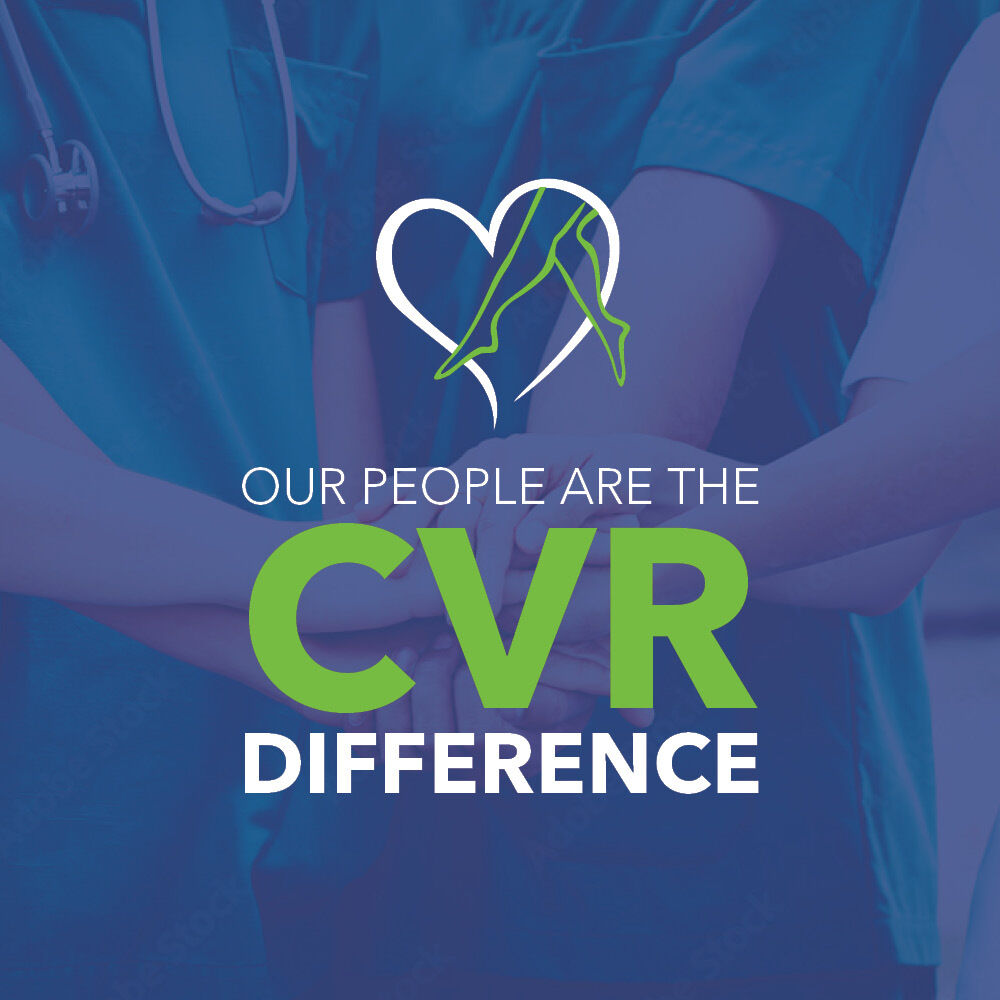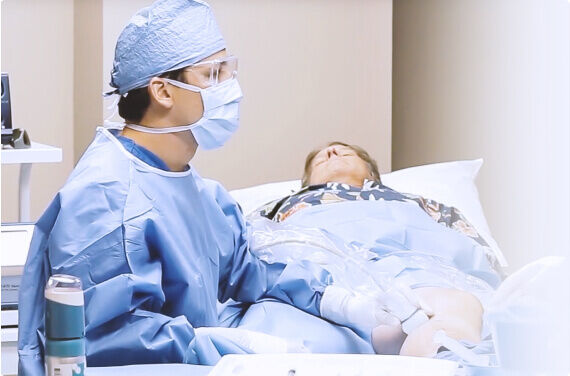
Get to Know Dr. Illescas
Dr. Illescas is Board Certified in diagnostic radiology with subspecialty certification in vascular, and interventional radiology. He earned his medical degree from McGill University School of Medicine in Montreal, Quebec, and obtained his subspeciality training in vascular and interventional radiology at Duke University Medical Center, Durham, North Carolina.
He has practiced in Central Connecticut for the past 30 years and currently serves as Regional Medical Director of CVR, supervising six CVR clinics in Connecticut.
Dr. Illescas has been on the medical faculty at McGill University, Duke University, and University of Connecticut (UConn). He is trilingual, speaking fluent Spanish, French, and English.
Dr. Illescas's Credentials
Certifications
- American Board of Radiology
- Vascular and Interventional Radiology (with Certification of Added Qualifications)
- Fellow at the Royal College of Physicians (Canada)
Education
- McGill University School of Medicine - Medical Degree
- McGill University Radiology - Residency
- Duke University School of Medicine - Fellowship in Body Imaging and Vascular Interventional Radiology
Associations
- American Roentgen Ray Society
- Radiologic Society of North America
- Society of Interventional Radiology
- American Vein and Lymphatic Society
- Royal College of Physicians and Surgeons
Specialties
- Venous Insufficiency of Lower Extremities (Varicose Veins)
- Advanced CT and MR Imaging Techniques
- Pelvic Venous Disease
- Cosmetic Spider Vein Treatment
Languages
- English
- Spanish
- French
More About Dr. Illescas
Before joining CVR, he served as attending vascular and interventional radiologist with Jefferson Radiology, P.C. and Hartford Hospital in Hartford, Connecticut. Of note, he served as Medical Director of The Vein Center of Jefferson Radiology in Farmington, Connecticut. In addition to these appointments, Dr. Illescas served as assistant clinical professor and staff radiologist with the University of Connecticut School of Medicine. Earlier in his career, Dr. Illescas served as assistant professor and associate radiologist at Montreal General Hospital and McGill University School of Medicine, as well as assistant professor and attending radiologist at Duke University Medical Center in Durham, North Carolina. Dr. Illescas is a member of the American College of Radiology, the American Roentgen Ray Society, the Radiologic Society of North America, the Society of Interventional Radiology, the American Vein and Lymphatic Soceity, and the Royal College of Physicians and Surgeons of Canada.
“I am interested in venous disease because of the exciting advances that have recently occurred. The new scientific research and the development of non-surgical techniques for venous disease treatment have brought about a renaissance of interest in this field. As an interventional radiologist I can beneficially translate these advances to the successful treatment of venous disease.”
Dr. Illescas’ dedication to providing state-of-the-art treatments comes at an important time – 40 million Americans now suffer from vein disease. Though rapid advances in treatment of venous disease have greatly reduced the suffering from its painful symptoms, venous insufficiency remains largely under-diagnosed. “When new and successful methods of venous insufficiency treatment became available, I was asked to help develop a vein practice that eventually led to the establishment of a vein center within my radiology practice. The more I learned about venous disease and how the disease could be successfully treated, the more excited I became. As a result of the growth of my professional interest in this field, I have chosen to devote my practice to full-time treatment of venous insufficiency.”
Dr. Illescas describes his personal work in the field of venous insufficiency and areas where he has a particular focus: “My specialty within the field of venous insufficiency is the treatment of a subgroup of patients who have poorly responded to previous surgical or ablative venous disease treatment. These patients have complex venous anatomy often requiring advanced radiological studies. As an interventional radiologist, my analysis of the detailed information from these studies allows me to plan focused and individualized treatment for optimal results.”
